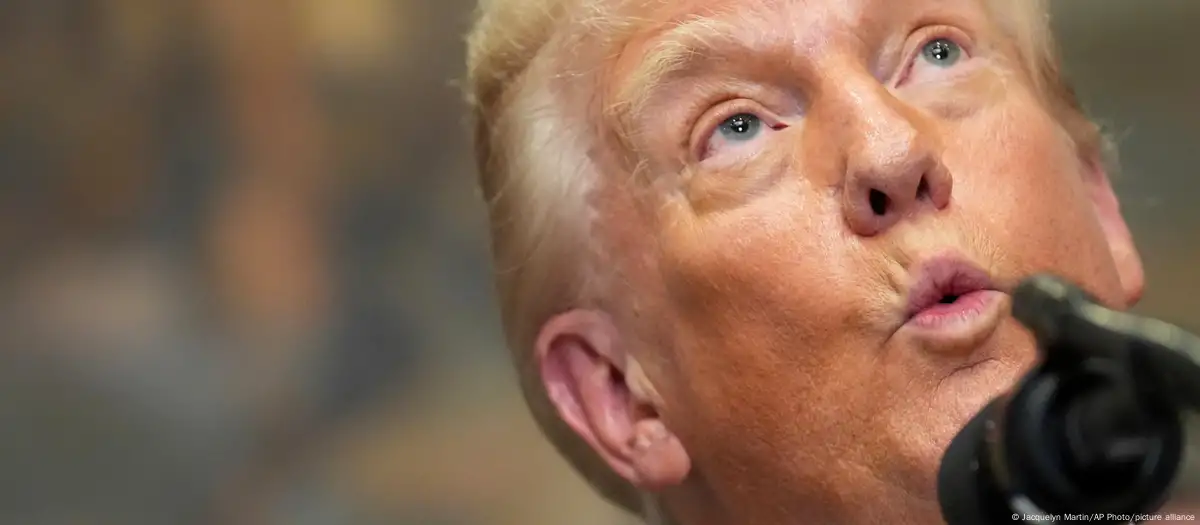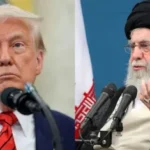
Executive order must be applied to 68 countries and 27 members of the European Union. While Japan, EU and South Korea managed to negotiate with Washington, Brazil is the hardest hit, with rates of 50%.
United States President Donald Trump has signed an executive order that foresees the entry into force of new tariffs over several countries on August 7. The decree, therefore, has postponed the tariff to several American business partners in seven days. Rather, what had been announced was that the rule would come into force on Friday (01/08). The order must be applied to 68 countries and also to all 27 members of the European Union.
While some economies, such as Japan, European Union and South Korea, have managed to negotiate with Washington, others, such as India, Brazil and Canada, have not yet reached agreements, leaving their exports to the US subject to much higher tariffs.
Countries not listed in the order will face a basic rate of 10%.
The reason for postponing the order is that the government needs time to harmonize tariff rates, according to information released by a US government official to the AP.
Trump imposed higher rates than the forecast, with a variation of 10% to 41%. The rates were fixed by 25% for the US exports to the US, 20% for Taiwan, 30% for South Africa and up to 41% for Syria.
The fare for Pakistan is 19%, while for Israel, Island, Fiji, Ghana, Guyana and Ecuador is 15%.
Brazil is the most affected
And Brazil ended up being the hardest hit, with 50% rates for Brazilian products imported by the United States from August 6.
However, surprisingly, about 700 products were exempt from tariffs. According to experts, this still puts the average rate on Brazilian products around 30%, while EU and Japan were charged at 15%.
In addition to the alleged imbalances in bilateral trade, the Trump government also cites the trial of former President Jair Bolsonaro, chaired by STF Minister Alexandre de Moraes as a motivation for sanctions.
The imposition of punitive tariffs on the Brazilian economy and the sanctions against Moraes caused strong reactions in Brazil.
President Luiz Inacio Lula da Silva classified American interference in the Brazilian judiciary as “unacceptable”. The political motivation behind the measures, said Lula, Mina the national sovereignty of Brazil and the historical relationship between the two countries.
Canada increases from 25% to 35%
Trump’s signed decree also revealed an increase from 25% to 35% over all US-exported products to the US-at least products that are not covered by the US-Mixico-Canada (USMCA) commercial agreement, according to information released by the White House.
He added that Canadian products taken to other countries to avoid new rates will be subject to a 40%transhipment rate.
The increase in the fare, according to Washington, was the result of Canada’s “continuing inertia and retaliation” in negotiations with the US, and in part to “failure” to contain the flow of fentanil on the border between the two countries, although Canada is responsible for only 1% of drug imports to US territory and has worked intensely to further reduce volumes, Mark Carnery said, Prime Minister Canadian.
“We didn’t talk to Canada today. He (Carnery) called. Let’s see,” Trump told reporters during an event in the White House before the 35%rate announcement.
Carney said Canada is “disappointed” with Trump’s decision, as tariffs will strongly affect products such as wood, steel, aluminum and cars, claiming that it will diversify export markets and strengthen the domestic market: “Canadians will be our best customers. We can give us more than any foreign government could ever take, building with Canadian workers and using Canadian resources to benefit all resources to benefit all Canadians. ”
Originally published by DW on 08/01/2025
Source: https://www.ocafezinho.com/2025/08/01/trump-assina-ordem-e-tarifaco-entra-em-vigor-em-7-de-agosto/

